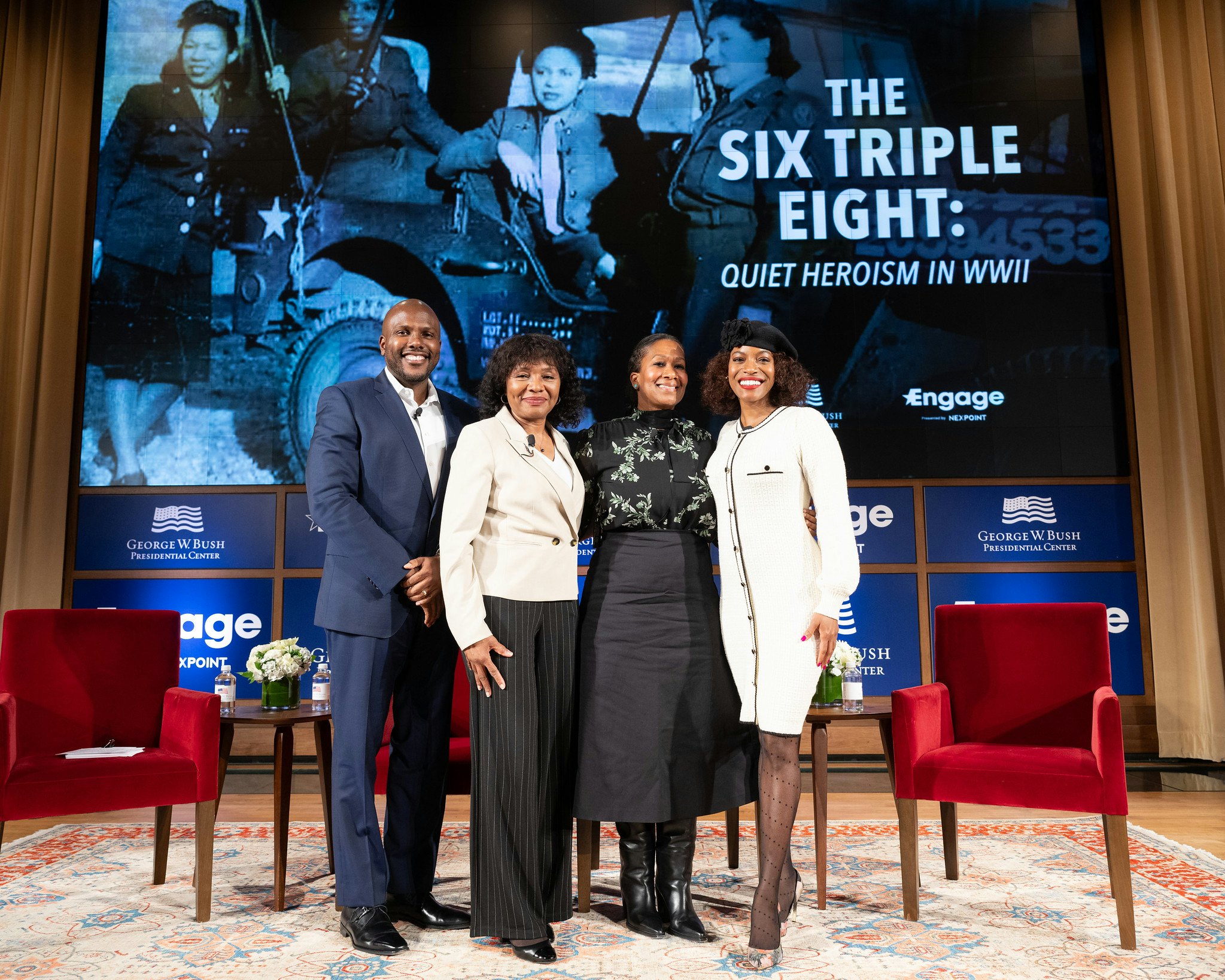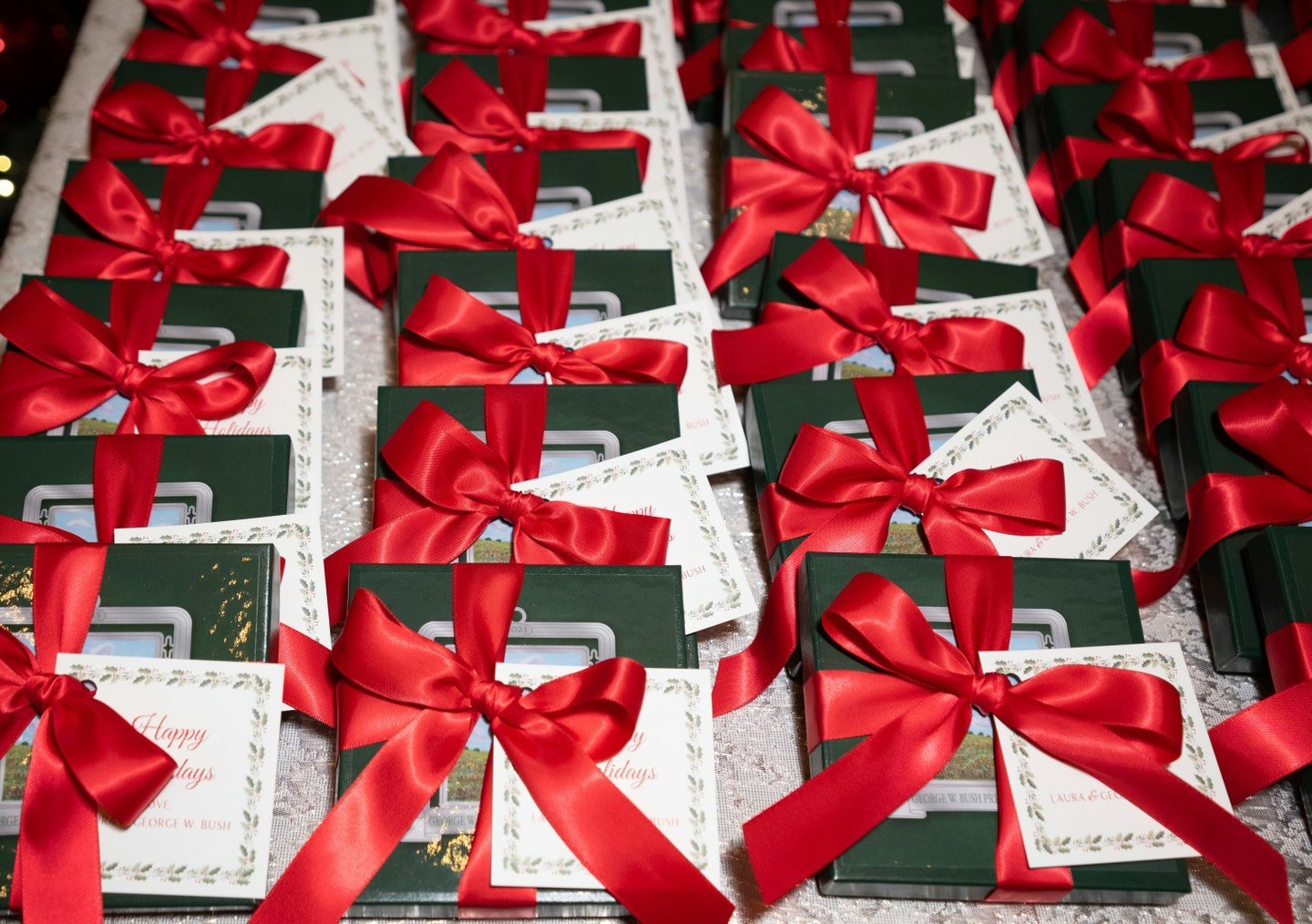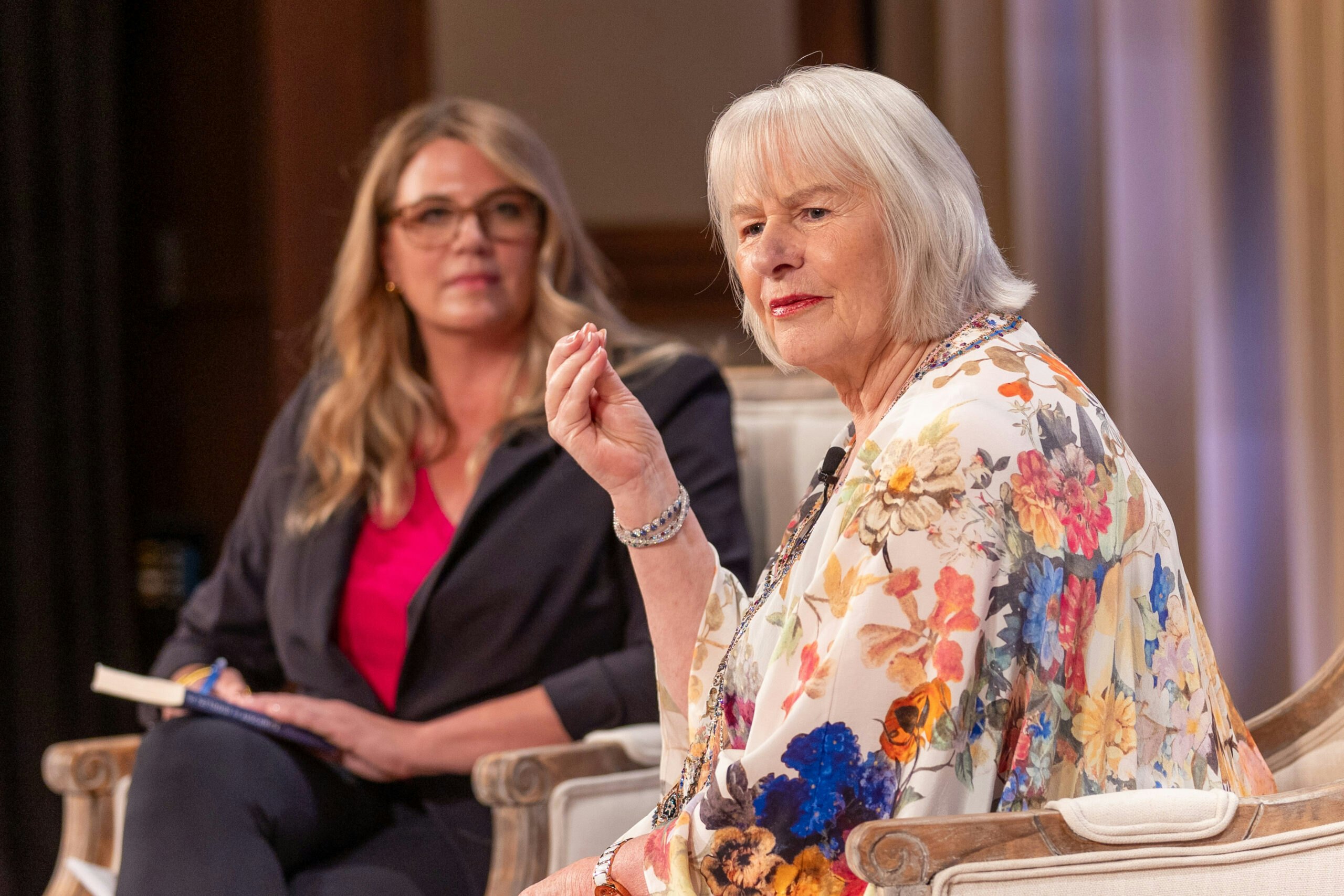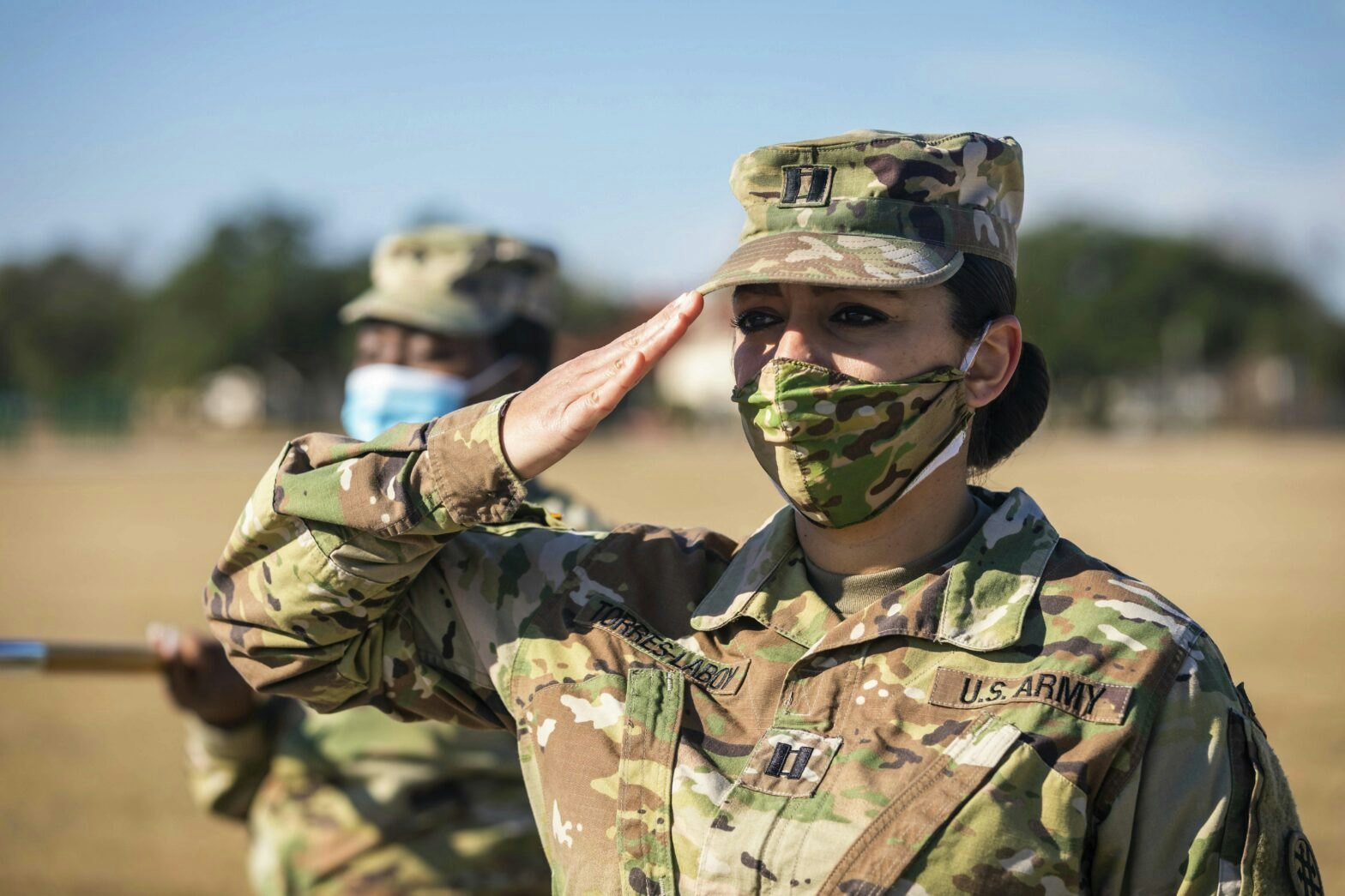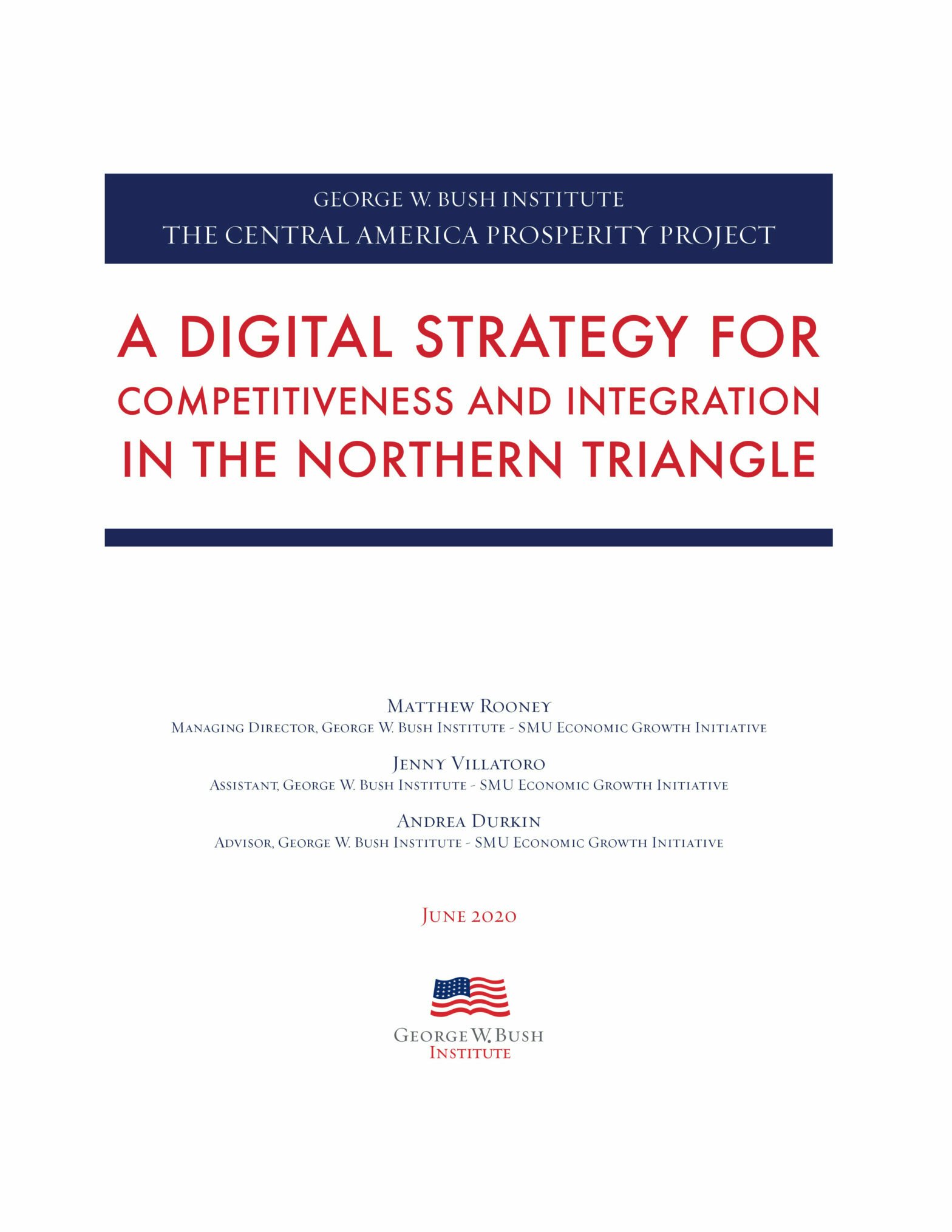Hell is supposed to be a place where unrepentant souls are punished for wicked deeds. Yet, there is a Hell on Earth where innocent people...
Hell is supposed to be a place where unrepentant souls are punished for wicked deeds. Yet, there is a Hell on Earth where innocent people live in torment. Their crime is being born under one of the most depraved dictatorships in human history – North Korea. Last week, author Melanie Kirkpatrick, Senior Fellow at the Hudson Institute and former Deputy Editor at the Wall Street Journal, provided insights from her new book, Escape from North Korea: The Untold Story of Asia’s Underground Railroad, at an event co-organized by the George W. Bush Institute and Southern Methodist University’s Dedman College Asian Studies Program and Embrey Human Rights Program. She offered a chilling glimpse into North Korea’s veiled society, beginning by remembering how she first learned about such an inhuman regime. While working in China in the early 80s, she was briefed on life inside North Korea and commented that “[George] Orwell’s dystopian vision was alive in Pyongyang.” Through interviews with escaped refugees and those who aided their passage, Kirkpatrick illuminates the murky inner workings of North Korea. All aspects of life are controlled by the regime. People dare not think in terms contrary to state-dictated “truths” – for example, that North Korean people are both the wealthiest and happiest on the planet. Many have no knowledge of places in this world without widespread starvation and upwards of 200,000 innocent people enslaved in gulags by their government. Information is tightly controlled by the regime. North Koreans must register radios with the police or risk arrest by security agents who monitor for unauthorized radio frequencies. As Kirkpatrick stated, “To own a radio is an act of courage.” Kirkpatrick’s descriptions of life in North Korea explain why some risk everything to escape – but exiting Hell is no easy task. The country’s new leader, Kim Jong Un, issued a new shoot-to-kill directive for anyone caught trying to escape across the border. Moreover, the Demilitarized Zone that divides North and South Korea is one of the most heavily guarded borders on the planet. Miles of barbed wire, inhospitable jungle, armed soldiers and an estimated one million landmines stand between the oppressed and freedom. So, how does one get out of Hell? Kirkpatrick describes a new Underground Railroad, conjuring parallels with the escape route of African-American slaves during the American Civil War. For North Koreans to reach freedom they must trade one circle of Hell for another, evading guards and crossing rivers at the more porous border with China. If they make it across, they must entrust their lives to strangers. The lucky connect with a network of Christians who smuggle refugees out of China, through Southeast Asia’s Golden Triangle, and to salvation in South Korea or the United States. The less fortunate are prey to human traffickers. The journey is risky for all parties, but the worst is reserved for those North Koreans captured by Chinese authorities. Viewing them as “economic migrants,” China repatriates doomed refugees back to Pyongyang where they (and their families) face severe punishment, possibly execution. Kirkpatrick relayed one story in which an escaping North Korean family was arrested by Chinese police. The chief gave them an impossible choice: return home of their own accord or be repatriated through official channels and face punishment. He gave the family a night in a holding cell to decide. The next morning, he received their answer – the father had strangled his wife and two children and then hung himself in the cell. But the broader story does not end in hopelessness. Kirkpatrick offered examples of many who escaped and found salvation. In fact, more refugees are successfully fleeing North Korea via the Underground Railroad than ever before; last year, 2,737 managed to get out compared with only nine in 1990. Moreover, those who escape inform democratic societies about life inside the state and, through a variety of innovative means, exposing the regime’s lies to those still imprisoned in North Korea. The Bush Institute’s Amanda Schnetzer shared the testimonials of two such North Koreans, Park Sang Hak and Kang Chol Hwan, whose stories are preserved within the Institute’s Freedom Collection:As the discussion concluded, one audience member asked, “How can we help?” On an international level, Kirkpatrick implored democratic governments worldwide to discourage China’s policy of North Korean repatriation. On the individual level, she asked the audience to raise awareness and provided a list of organizations (found in her book and on her website here) where they could learn and do more.
This post was written by Christopher Walsh, Program Coordinator of the Freedom Collection.



